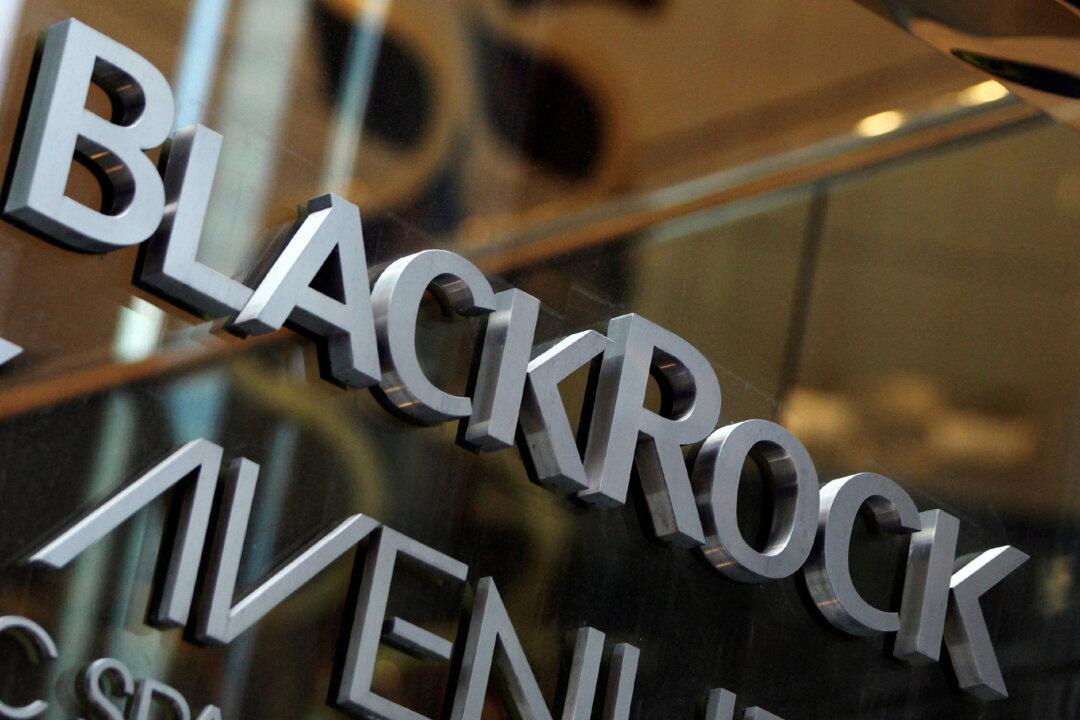Heavy regulatory burdens that come packaged with trendy progressive agendas, like gender quotas, are keeping some of the most experienced executives from joining boardrooms, warns one CEO.
Speaking on condition of anonymity, the CEO in charge of an Australian publicly listed company revealed that many individuals choose to take on non-executive roles as a form of public service after many years at the pinnacle of their careers.





